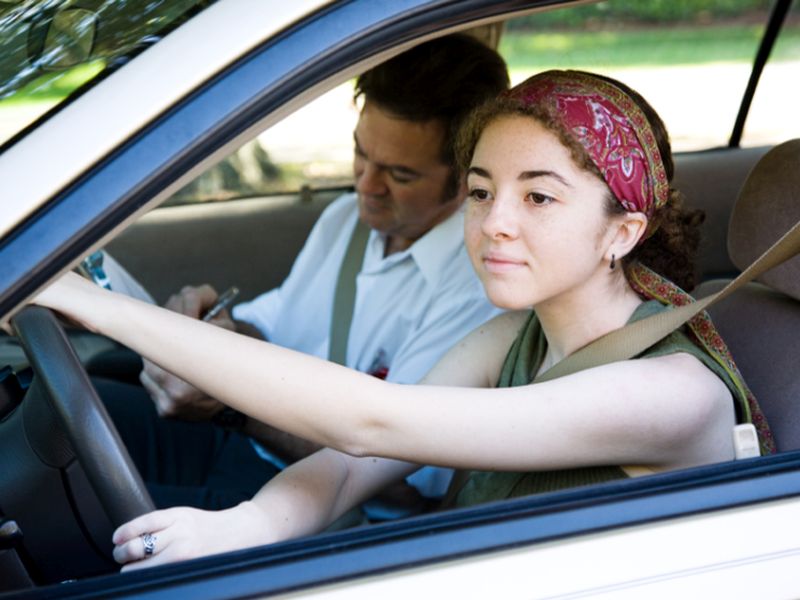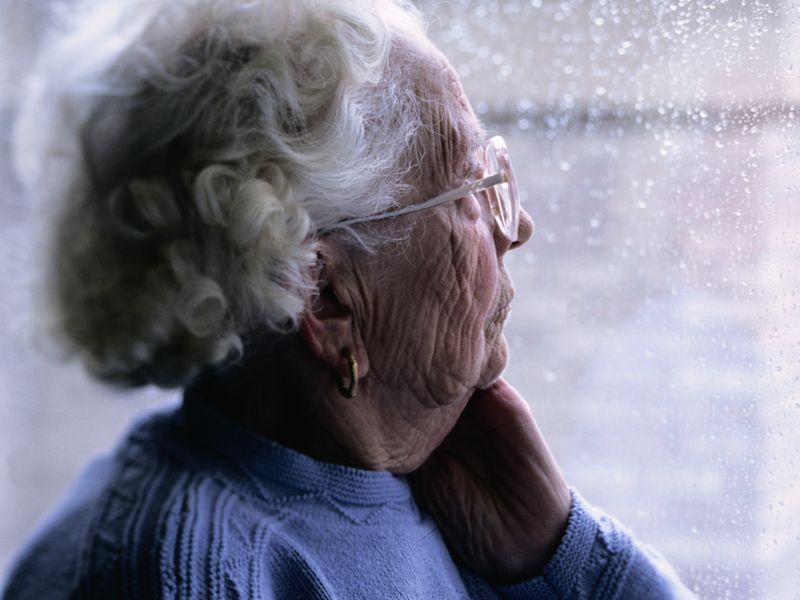
Ridesharing services such as Uber and Lyft have become very popular in recent years. Though most companies conduct background checks on prospective drivers, you should still take precautions when using these services, says LIM College. When ridesharing, the school urges you to: Check the driver’s rating. Avoid riding in the front seat. Always wear your… read on >

























